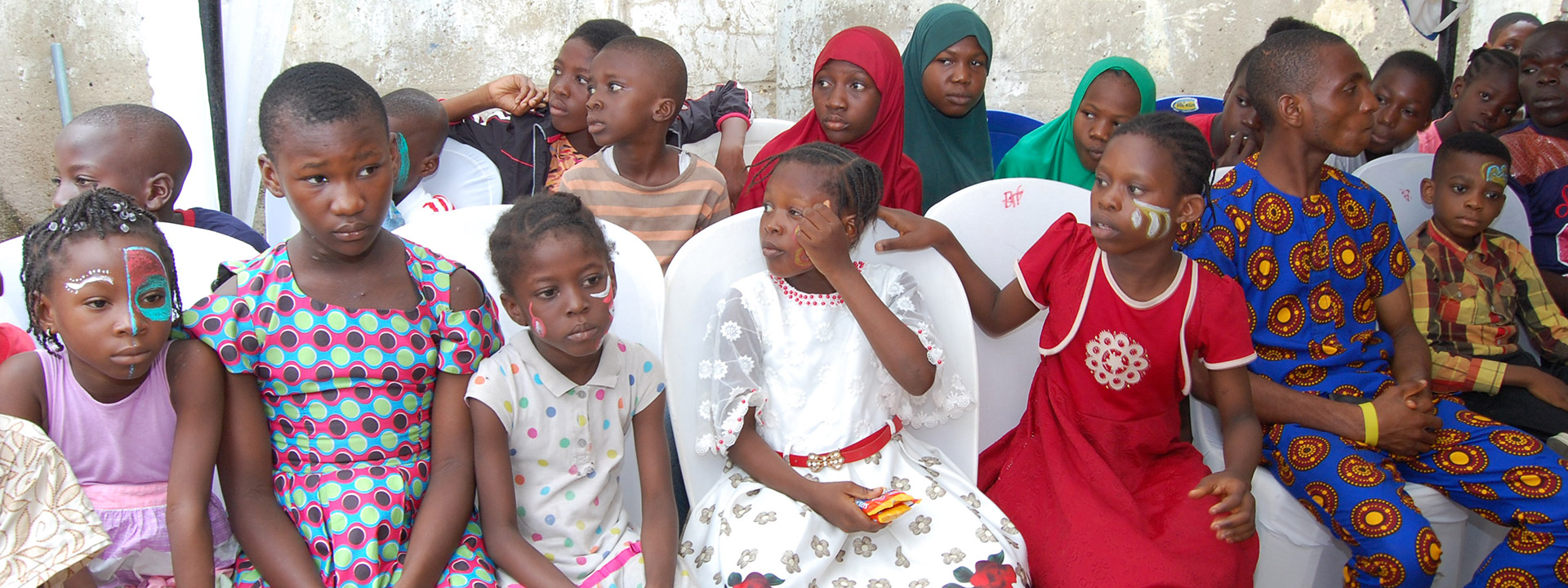In a world increasingly defined by transactional relationships and superficial engagements, the quest to raise service-minded children resonates profoundly with the tenets espoused by the Bahá’í Faith. This framework not only emphasizes the moral imperative of service but also marks a pivotal shift away from the often fleeting nature of voluntourism—an approach where the essence of service is often overshadowed by the allure of personal gratification. The Bahá’í teachings illuminate a path that invites a deeper exploration into the ethos of service, fostering a genuine commitment to community upliftment.
The narrative of service within the Bahá’í paradigm begins with an understanding of the interconnectedness of all humanity. Children are taught that their actions have far-reaching implications, reminding them that they are part of a greater tapestry of existence. This interconnectedness births the notion that service is not a mere activity to be undertaken during one’s leisure time, but rather, an intrinsic aspect of one’s identity. Herein lies the cornerstone of raising service-minded children: instilling a sense of belonging within the global community from an early age.
A departure from the voluntourism mindset entails a transformative approach to service that transcends immediate gratification. Traditional voluntourism often critiques the impulse to outwardly demonstrate altruism while concurrently providing superficial benefits to the volunteers themselves. In contrast, Bahá’í principles advocate for a service that is imbued with sincerity and a genuine desire to foster collective progress. This shift in consciousness encourages children to view service not as an opportunity for accolades but as a means of contributing to the well-being of others.
One of the most compelling facets of Bahá’í teachings is the emphasis on the cultivation of moral virtues. Children are encouraged to develop attributes such as compassion, empathy, and a sense of justice—qualities that drive one’s commitment to service. The nurturing of these virtues should be interwoven into daily life through practical applications. Parents and educators can foster discussions that revolve around the importance of kindness and the tangible impact of thoughtful actions on individuals and communities alike.
Equally important is the notion of service as a lifelong endeavor. Children should be equipped with an understanding that service is not confined to sporadic activities but is rather a continuum that evolves with their personal growth and societal needs. Engaging children in meaningful projects that resonate with their interests can inspire a continued commitment to service. Such projects, ranging from environmental initiatives to local community support, can provide a real-time understanding of the challenges others face and the joy derived from contributing to a solution.
Moreover, fostering a global outlook is paramount in nurturing service-minded children. The Bahá’í perspective encourages deep appreciation for cultural diversity and the unique contributions of different communities. Community engagements can serve as practical platforms for children to witness the importance of cross-cultural dialogue and collaboration. This not only enriches their worldview but also equips them with the tools to address complex global issues with sensitivity and insight.
In this context, experiential learning stands out as an effective pedagogical approach. Through firsthand engagement in community service projects, children acquire invaluable lessons that challenge preconceived notions and amplify their empathetic capacities. These experiences can catalyze a transformative journey where children evolve from passive observers of societal issues into active change-makers. With time, they develop a resilient mindset, capable of tackling adversity with creativity and determination.
Equally vital is the role of storytelling in building this service-oriented mindset. Narratives that highlight the lives of individuals who have dedicated themselves to service can inspire children, fostering a connection to a shared human experience. Engaging children in these stories not only piques their curiosity but also serves as an impetus for them to envision their own potential roles in the tapestry of service. Each story becomes a beacon of hope and a testament to the power of collective action.
Building a supportive community that prioritizes service is another critical element in this holistic approach. Home, schools, and local communities should operate on principles that encourage collaborative undertakings and mutual support. Creating environments where children can express their ideas and engage in collective projects reinforces the belief that they carry the seeds of change. Participating in community service reinforces the notion that every individual holds value, fostering a climate of respect and encouragement.
Of equal significance is the acknowledgment of the challenges that may accompany this transformative journey. Children should be prepared to confront setbacks, misunderstandings, and barriers to service. This allows them to develop resilience and tenacity, qualities crucial for sustained commitment to community upliftment. Encouraging dialogue about these challenges not only fortifies their resolve but also cultivates problem-solving skills crucial in the face of adversity.
Ultimately, the Bahá’í teachings provide a profound framework for nurturing service-minded children who view their engagements with the world through a lens of compassion and responsibility. This intentional approach underscores that the essence of service extends far beyond a fleeting act; it encapsulates a lifelong commitment that pledges dedication to the progress of humanity. By fostering an environment rich in moral virtues, empathy, and a global perspective, we empower children not merely to engage in service but to embody a spirit of solidarity that transcends borders and time. Such a legacy not only enriches their lives but also promises a brighter future for all.
